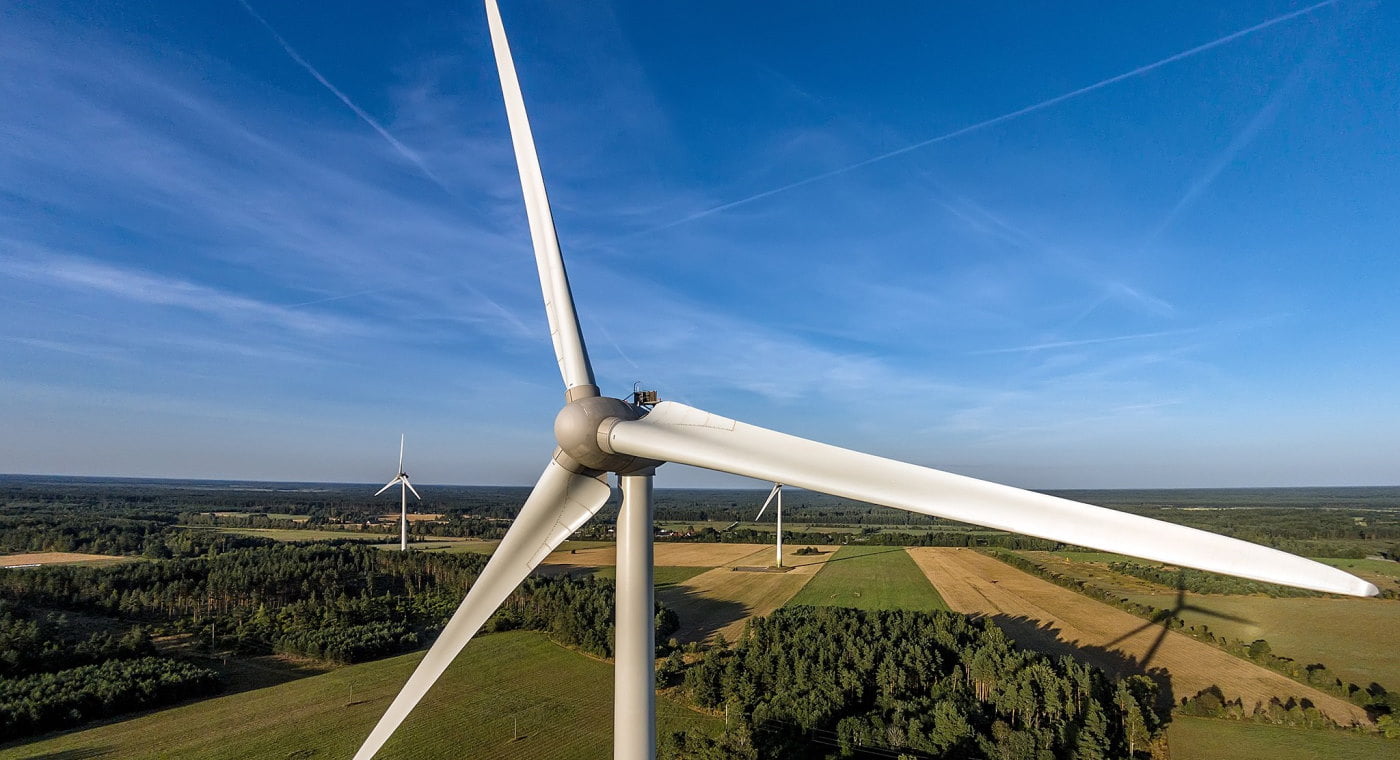A flash survey conducted last week shows that almost two-thirds of people in Estonia do not support meeting the European Union's climate goals, if that support would mean a large increase in domestic electricity prices.
The survey was conducted by polling company Norstat on September 20th, on behalf of the Institute for the Study of Societal Issues. Conducted online, the survey collected responses from 500 Estonian citizens over the age of 18.
Participants in the survey were asked: "Do you support meeting the European Union's climate targets even if this leads to a severalfold increase in electricity prices?"
Sixty-three percent of those surveyed answered "no" while 37 percent said "yes" or "rather yes."
Of voters of the Reform Party and the Social Democratic Party, respectively 60 percent and 55 percent continued to support the climate targets even if they resulted in electricity becoming several times more expensive. On the other hand, 54, 81, 85 and 95 percent of supporters of Estonia 200, the Center Party, Isamaa and the Estonian Conservative People's Party (EKRE), respectively, would oppose meeting the climate targets if electricity prices multiplied.
Electricity prices in Estonia are on the rise, and at the same time fuel prices are higher than in the other Baltic states. These poll results clearly show that these rising prices are dramatically reducing support for climate objectives in society.
It is not that people are simply uncaring about the issues. In a previous survey, conducted back in October 2019, the institute had asked people if they were in favour of the goal of Estonia reaching climate neutrality by 2050. At that time, 70 percent of respondents replied that they supported the goal.
The latest survey also showed that people in Estonia expect the government to stand up at the European Union level and ensure that implementation of climate policy will not lead to a sharp rise in electricity and fuel prices for consumers and businesses. Not surprisingly, when asked if the government should make a stand about this, 89 percent of respondents replied "yes" or "rather yes" and 11 percent "rather no" or "no."
The big issue here is simple and clear to see, and it is much bigger than electricity prices in Estonia. While most people are aware of the connection between human activity and climate change, and are willing to take action to help reduce those effects, the majority are not willing to do that if it negatively affects them, financially or otherwise right now.
